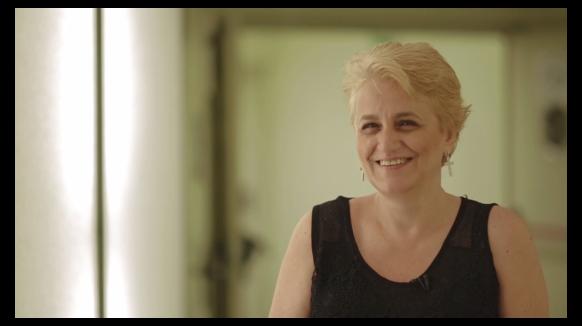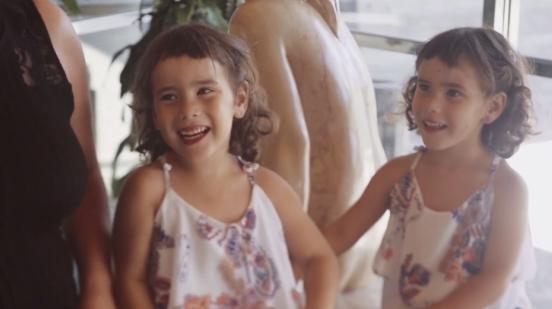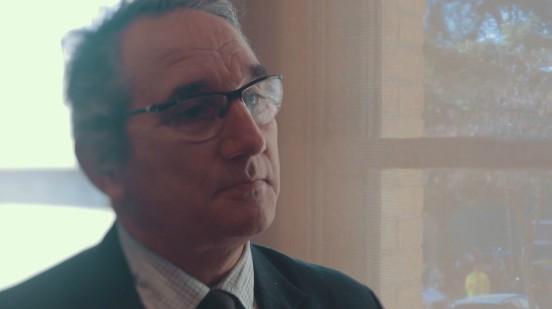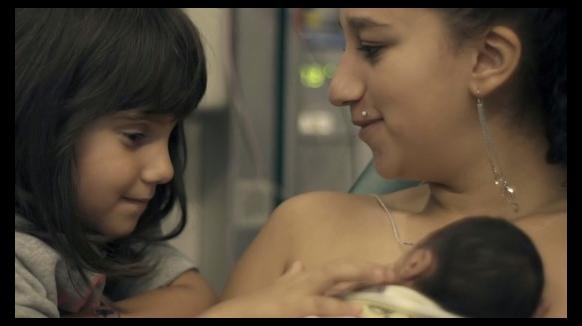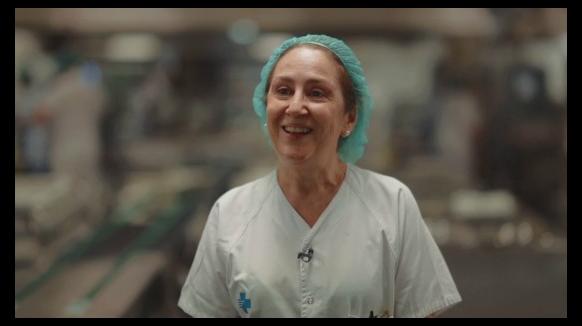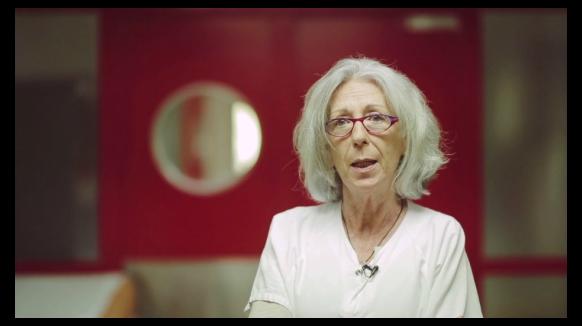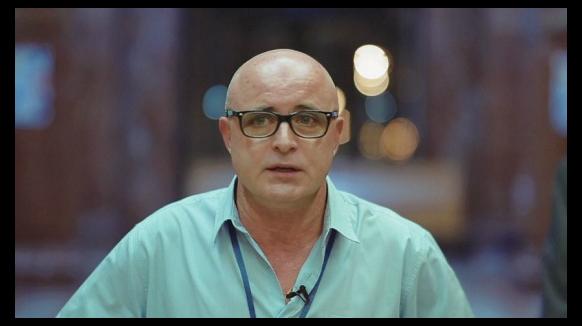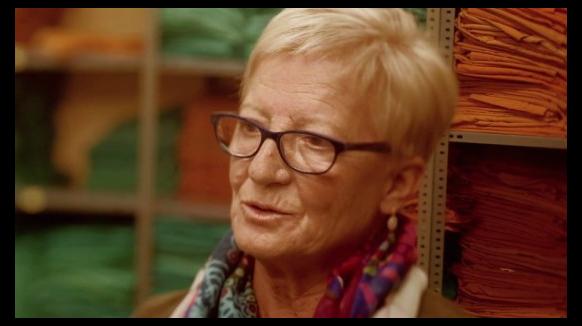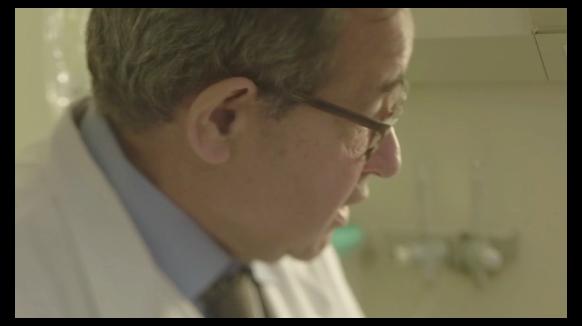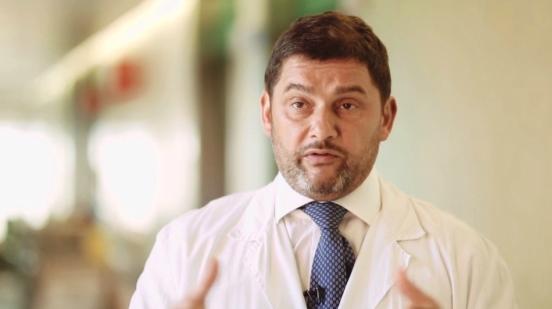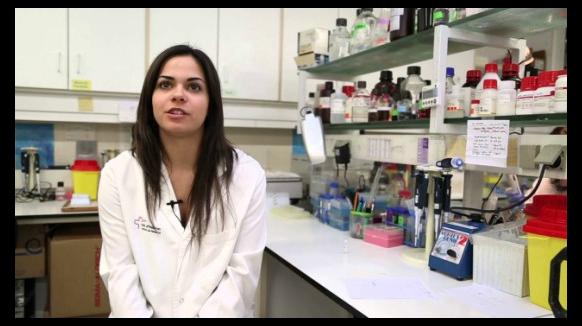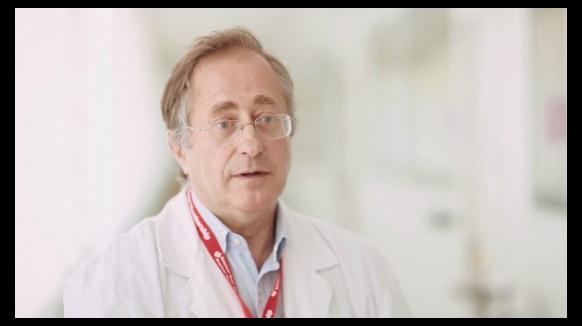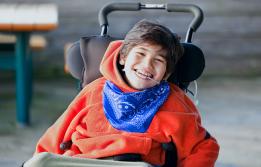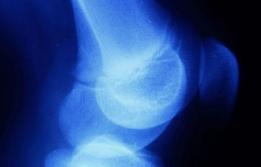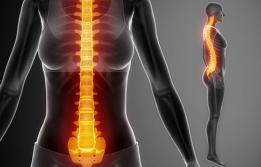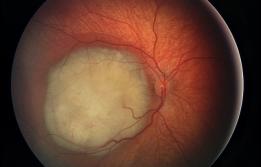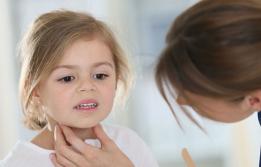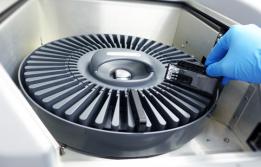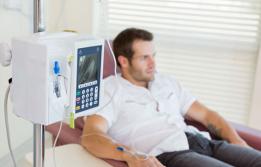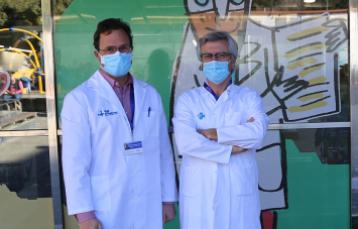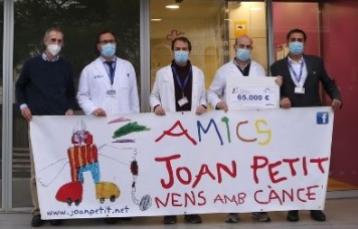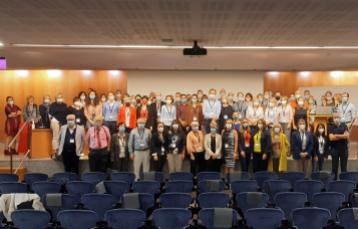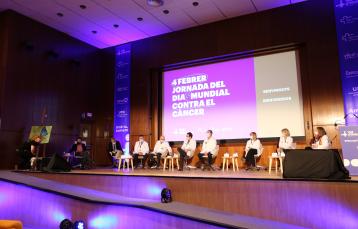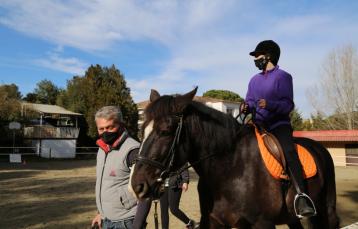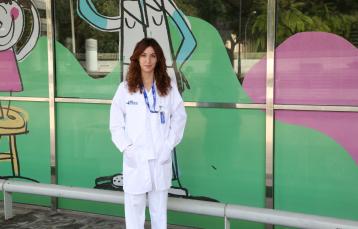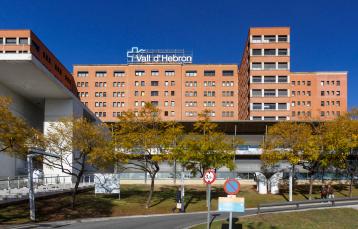Paediatric Oncology and Haematology
The Paediatric Oncology and Haematology Department is a leader in treating cancer in childhood and adolescence. Of every 1,000 new cases of childhood cancer detected every year in Spain, 200 are diagnosed in Catalonia.
Description
According to data from the Spanish Register of Tumours in Infants (RETI), ours it the Department that treats the most children in Spain, and is the leading centre for the transplant of haematopoietic progenitors or stem cells (better known as "bone marrow transplants"), having performed more than 1200 such operations. The Paediatric Oncology and Haematology Day Hospital handles up to 3,600 treatment visits a year and up to 7,600 visits for consultations.
Our experience, staff and advanced technological prowess mean our Department can offer multidisciplinary, comprehensive care to patients and their families, covering all diagnostic procedures and offering the most advanced treatments. We are a self-sufficient department when it comes to applying the latest care techniques in this field, and we also have resources to carry out research in such diseases.
Childhood cancer is the leading cause of child mortality due to illness in children more than one year old. Survival is currently around 80%, but it is essential we advance research into the disease to achieve more effective treatments.
Portfolio of services
The Department has a multiprofessional team of staff made up of doctors, nurses and others. Their functions include:
- Comprehensive, multidisciplinary care for the treatment of retinoblastoma
- Comprehensive, multidisciplinary care for the treatment of soft tissue sarcoma
- Comprehensive, multidisciplinary care for the treatment of brain tumours
- Comprehensive, multidisciplinary care for the treatment of bone tumours
- Comprehensive care for the treatment of leukaemia
- Comprehensive care for the treatment of lymphomas
- Comprehensive care for the treatment of Wilms tumours
- Specialised psychosocial care
- High-complexity cancer surgery
- Tumour committee
- Genetic counselling and cancer risk assessment in at-risk population
- High resolution clinic
- Second opinion consultations and consultations for other national and international hospitals
- Haploidentical transplant
- Day hospital: treatments
- Home-based hospitalisation with psychosocial support in terminal oncohaematological patients
- Online doctor 24 hours a day, 7 days a week
- New therapies for patients who have not benefitted from conventional treatments. Clinical trials, Phase I, II, III. Member of ITCC
- Malignant and benign haematological pathologies: diagnosis, treatment and follow-up
- Malignant and benign neoplasia pathologies: diagnosis, treatment and follow-up
- Radiotherapy. Linear accelerator. Stereotaxy. Modulated intensity. Brachytherapy
- Sedation for painful procedures
- Specialised psychosocial department
- Transplant of haematopoietic progenitors (autologous, allogeneic relatives and unrelated donors). Bone marrow, peripheral blood
- Umbilical cord blood transplant
- Haematological and oncological emergencies
Research
The Group for Translational Research into Childhood and Adolescent Cancer is focused on research for new treatment targets or molecule targets (the place in the organism a drug acts on), based on the most advanced knowledge available on the biology of paediatric cancers. The Group has identified and will continue to work on new molecular targets for sarcomas (cancer that originates in connective tissue cells) and tumours of the nervous system.
Collaborations with the biotechnology industry are currently being established and consolidated in order to develop new drugs capable of inhibiting pro-oncogenic processes, such as invasion and proliferation, in order to provide patients with alternative therapy options.
As an international centre of reference, our Department belongs to the International Network of Excellence in the Treatment of Cancer in Children and Adolescents. We carry out clinical work, research and teaching activity in coordination with international scientific societies: International Society of Paediatric Oncology (SIOP), European Society for Blood and Marrow Transplantation (EBMT), Center for International Blood and Marrow Transplant Research (CIBMTR), and national societies: Spanish Society of Paediatric Haematology and Oncology (SEHOP), Programme for the Study and Treatment of Malignant Haemopathy (Pethema).
Based on data from the National Registry of Child Tumours, our hospital diagnoses and treats the most children. Their survival rates are comparable to the most prestigious international centres of excellence. Our centre was the first in Spain to obtain JACIE accreditation (Joint Accreditation Committee ISCT and EBMT), the most prestigious in our field.
The Haematopoietic Progenitors Transplant Unit is the most active of its kind in Spain, with an average of 40 transplants per year. We perform all kinds of transplants, and are pioneers in complex cases, such as unrelated donors and umbilical cord blood transplants. We also perform transplants in cases of malignant oncohaematological diseases, acquired medullary aplasias and congenital pathologies such as immunodeficiencies, haemoglobinopathies, metabolopathies and medullary insufficiencies.
We should highlight our translational research group, which applies the knowledge acquired from basic research to the prevention and treatment of clinical cases in childhood cancer and haematological diseases, which contributes to better diagnosis, prognosis, treatment and control of such diseases. The Department has a Clinical Trials Unit for Innovative Treatments and belongs to the Innovative Therapy in Cancer Children (ITCC) group.
